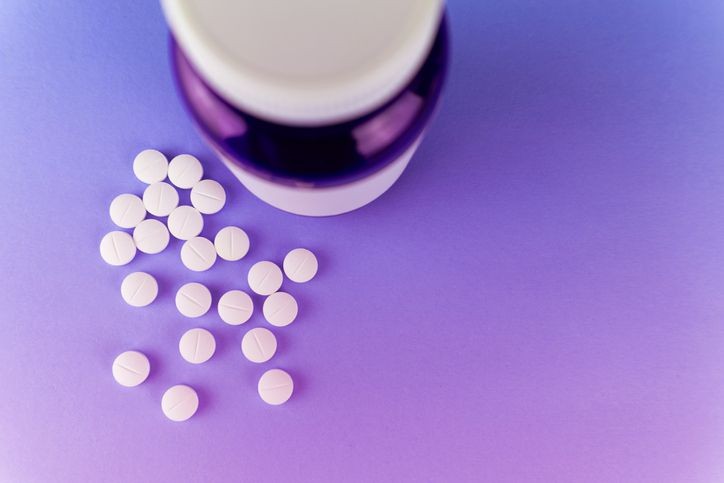Melatonin poisoning in kids is on the rise, CDC warns

Melatonin supplements are a trick many parents keep up their sleeves to help restless kids get a good night̵7;s sleep, but now the Centers for Disease Control and Prevention (CDC) is warning about a sharp rise in melatonin overdoses involving children.
From 2012 to 2021, national poison control centers saw a 530% increase in reports of kids accidentally ingesting too much melatonin, according to a new CDC report. In total, the National Poison Data System (NPDS) received 260,435 reports of accidental pediatric melatonin ingestion during the 10-year study period. Of those cases reported, more than 4,000 kids required hospitalization, five required ventilators and two children died.
Kids under 5 account for the largest increase in melatonin-related hospitalizations, and 94% of reported melatonin overdoses are accidental. The largest single-year increase in accidental melatonin ingestions occurred from 2019-2020, when reports spiked by 38%.
Why are more kids taking too much melatonin?
The CDC hasn̵7;t confirmed a direct cause for the spike in accidental melatonin ingestions. According to the report, the growing popularity of over-the-counter melatonin supplements may play a role. Melatonin is a neurohormone that occurs naturally in the body and helps regulate the sleep-wake cycle, but it̵7;s also sold as a supplement in pill, gummy and liquid form. Between 2016 and 2020, melatonin sales rose 150%, the CDC says.
Despite booming sales, there̵7;s a lack of strict manufacturing regulations for melatonin supplements. Dosages may vary by brand, and some melatonin supplements don̵7;t come in childproof containers. Dr. Karima Lelak, an emergency physician at Children̵7;s Hospital of Michigan and the lead author of the study, tells NPR many parents don̵7;t see melatonin as a medication, so they may leave it on nightstands where it̵7;s easily accessible to kids.
̶0;Child-resistant packaging for this supplement should be considered, and healthcare providers should warn parents about potential toxic consequences of melatonin exposure,̶1; the study authors write.
Is melatonin safe for kids?
Melatonin is a natural substance that can serve as a safe, short-term sleep aid, the American Academy of Pediatrics (AAP) says, but parents and caregivers should chat with a pediatrician before using it. If a doctor approves melatonin for use, experts from the AAP recommend:
- Starting with the lowest recommended dosage.
- Dosing melatonin 30-90 minutes before bedtime.
- Maintaining a good bedtime routine.
What are the symptoms of melatonin poisoning?
Ingesting too much melatonin can cause gastrointestinal, cardiovascular and/or central nervous system symptoms. Common melatonin side effects include:
- Headache.
- Nausea.
- Drowsiness.
- Dizziness.
- Abdominal cramps.
- Irritability.
- Confusion or disorientation.
- Mild tremors.
- Abnormally low blood pressure.
The side effects of melatonin ingestion can vary in severity, so it̵7;s important to seek medical attention if you suspect a child has taken more than the recommended amount. You can contact Poison Control online or by calling 1-800-222-1222.
Previous:How to Be a Teenage Babysitter
Next:Can we please stop judging toddlers for acting like toddlers?
-
Finding the best nursing bras for your somewhat-foreign postpartum body is a challenge at best. Not only are you in need of a different-sized bra than you wore before and during pregnancy, there’s a shortlist of prerequisites breastfeedin
-
Passover — the Jewish holiday that begins, in 2022, at sundown on April 15 — is essentially a celebration of freedom. It’s an opportunity for the Jewish people to pass down a story of survival from generation to generation. Yes, there is
-
Shopping for a gift for a 10-year-old boy? If you’re struggling to come up with some good ideas, the first step is to look to his favorite pastimes for inspiration. Also know that at about age 10, kids tend to love toys that involve


